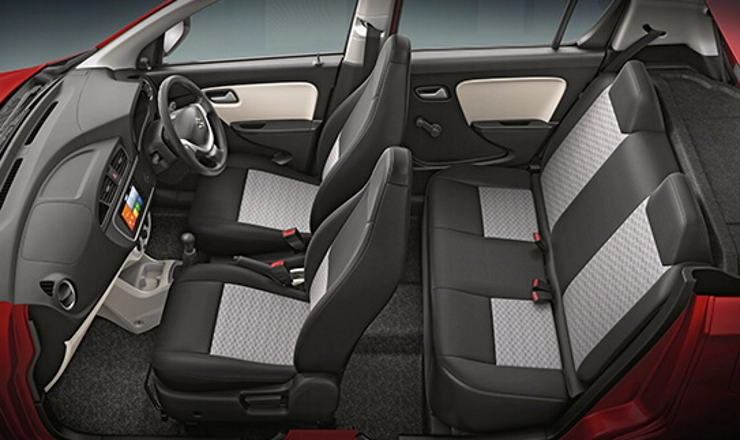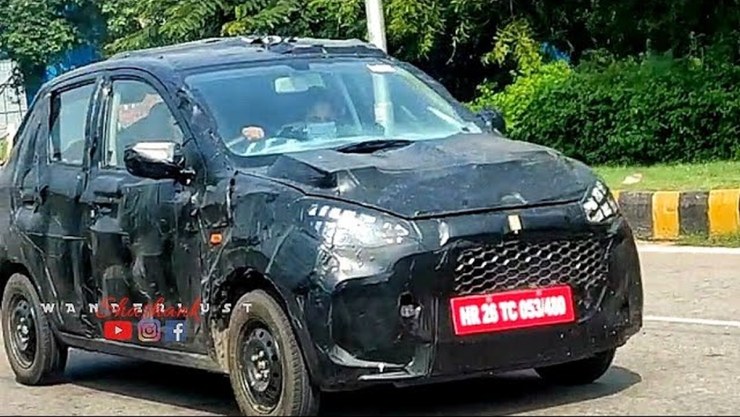Nitin Gadkari, the Minister of Road Transport and Highways, announced earlier this year that the Indian government intends to mandate six airbags in all passenger vehicles. However, the government’s proposal has not been well accepted by the country’s car industry.
Maruti Suzuki India Limited is one of the most dissatisfied companies (MSIL). MSIL recently said that this regulation will have a negative impact on the already declining small car market, as well as potential job losses in the auto industry. According to the firm, the regulation will stymie sales of entry-level hatchbacks by raising production costs due to the addition of airbags.
The manufacturer stated that the new regulation would mostly effect the cost-conscious entry-level vehicle segment, which has already faced issues and dwindling sales in recent years, making the shift to these smaller autos even more difficult for two-wheeler users. During an interview with a media source, MSIL Chairman RC Bhargava stated that the cost of entry-level automobiles has already grown significantly due to the adoption of several regulatory standards in recent years, particularly the BSVI emission regime, which took effect on April 1, 2020.

If the mandate is implemented, Bhargava predicts that entry-level hatchbacks such as the Alto, S-Presso, and other models will suffer from the increased costs and lose a significant amount of sales volume as customers will no longer be able to buy them. “So, the risk is that the market would shrink as a result of this (six airbags),” he stated. The automobile manufacturing industry is significant since it is a major employer. “If the auto market does not grow like it has in the last three years, it will have an adverse effect on job creation and economic growth,” Bhargava continued. “If the car market does not grow like it has in the last three years, it will have an adverse effect on job creation and economic growth.”
When asked what he thinks the price increase for adding four more airbags to compact automobiles will be, Bhargava said it might be somewhere between Rs 20,000 and Rs 25,000. He went on to say that while this may not seem like much to some, it will make a significant impact to consumers of these smaller cars. He further stated that this type of obligation has never been adopted in any country throughout the world, and that MSIL would urge the government to reexamine the regulation.

While conceding that airbags do save lives in automobile accidents, Bhargava remarked that the cost rise caused by the rule may dissuade many people from upgrading to entry-level cars. He stated, “Driving a two-wheeler is any day more unsafe than driving a car. So, overall fatalities due to car accidents may come down..whereas the chances of fatalities in the two-wheeler may go up. So, overall if there is benefit in all of this, it is a matter of pondering,”
According to the most recent government data, there were 1,16,496 vehicle accidents on national roads (NHs), including expressways, in 2020, resulting in 47,984 deaths.






